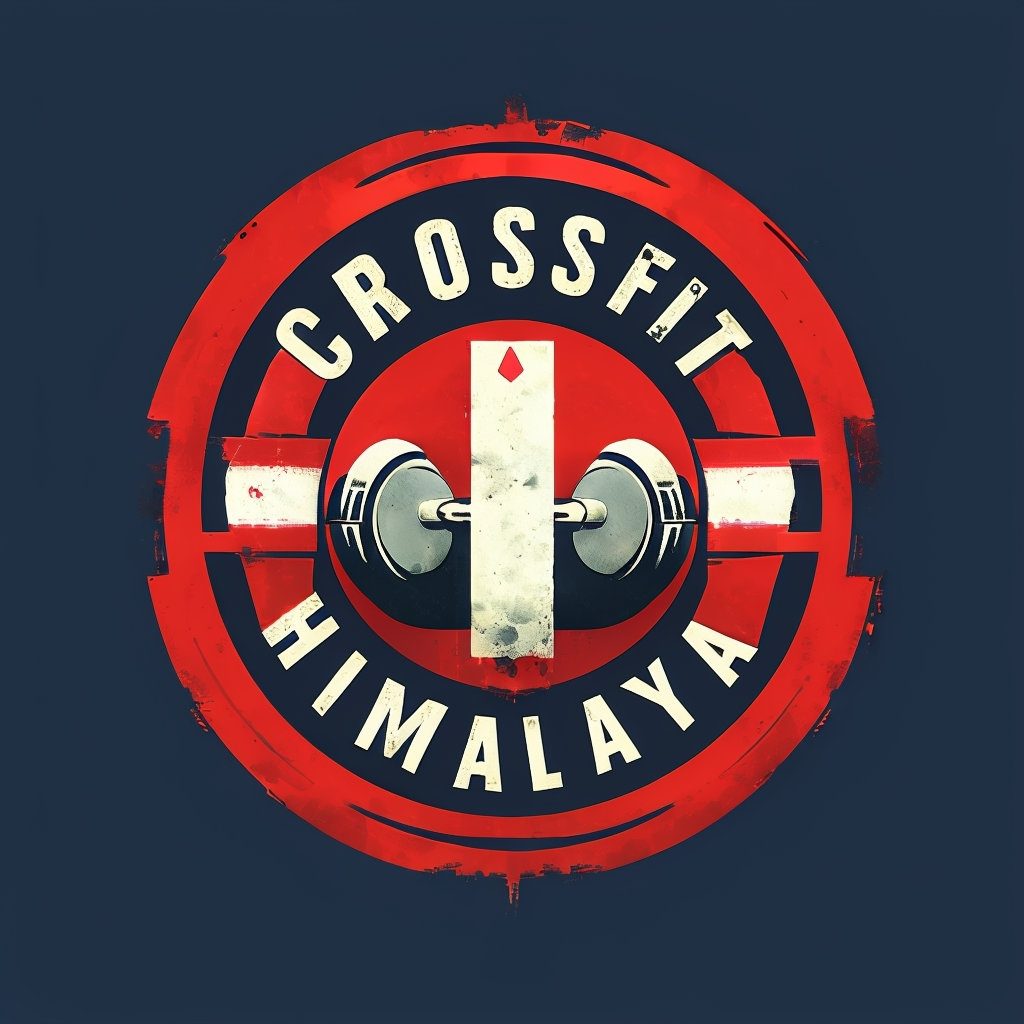Dietary Requirements for Football Goalkeepers
The nutritional needs for goalkeepers are distinct, aiming to enhance performance and reflexes. Understanding the importance of macronutrients such as proteins, carbohydrates, and fats is crucial. These macronutrients provide the energy required for both training sessions and matches. Proteins are essential for muscle repair and growth, carbohydrates fuel the body, and fats offer a long-term energy reserve.
In addition to macronutrients, specific vitamins and minerals play a critical role. For instance, vitamin D and calcium are vital for bone health, while magnesium and potassium support nerve functions, influencing reflexes and agility. Iron is essential for oxygen transportation, crucial during high-intensity activities.
Also to see : Unlocking Young Football Potential: Innovative Cognitive Training Techniques in Football Academies
Differences in dietary needs can arise based on training intensity. For a goalkeeper facing rigorous sessions or back-to-back matches, the caloric intake should be adjusted accordingly. This means more proteins for recovery and additional carbohydrates to replenish glycogen stores. Conversely, in lighter training phases, dietary focus could shift towards maintaining energy levels without excess calorie intake.
Goalkeepers need to fine-tune their diet to their unique performance requirements, ensuring they maintain peak physical condition.
Have you seen this : Unleash Your Inner Football Pro: Essential Home Exercises for Explosive Power
Tailored Meal Plans
Meal planning for athletic performance is essential for goalkeepers aiming to achieve peak fitness. A successful plan addresses pre-training, match-day nutrition, and recovery meals.
Pre-training Meals
Pre-training meals should focus on carbohydrates and proteins. This combination provides immediate energy and supports muscle maintenance. Timing is crucial; consume these meals approximately 3 hours before training. An ideal pre-training meal might include whole-grain pasta with grilled chicken.
Match Day Nutrition
It’s essential to focus on highly digestible foods on match days to prevent discomfort. Whole foods like bananas, coupled with oatmeal, offer quick energy without causing sluggishness. A moderate balance of carbs and proteins ensures sustained energy levels from start to finish.
Recovery Meals
Recovery meals are pivotal for muscle repair. High-protein options like lean meats or tofu, combined with starchy vegetables, can restore glycogen stores while bolstering muscle recovery. It’s advisable to consume them within two hours post-exercise.
To further optimize meal plans, consider individual dietary restrictions and preferences. Incorporating personal favourites can enhance compliance with the nutritional regimen, ensuring sustained performance benefits. A consistent routine ensures goalkeepers meet their nutritional needs for optimal athletic achievement.
Performance-Boosting Foods
For goalkeepers, incorporating performance-boosting foods can make a tangible difference in athletic outcomes. Top foods for refining reflexes and reaction times include fish rich in omega-3 fatty acids, such as salmon and mackerel. These foods are linked to improved brain health and quicker neural responses. Foods like nuts and seeds offer high magnesium levels, contributing to nerve function and muscle relaxation.
Anti-inflammatory foods, like berries, leafy greens, and turmeric, foster recovery and minimise downtime after intense sessions. By reducing muscle soreness and inflammation, these foods facilitate quicker recovery times, enabling goalkeepers to maintain performance levels with less rest.
Balancing snack options is essential for sustaining energy. Choose snacks that combine carbohydrates and proteins, such as whole-grain toast with nut butter or Greek yogurt with fruit. These choices keep blood sugar levels stable, offering consistent energy throughout training sessions or matches.
Incorporating these foods strategically into a goalkeeper’s diet can bolster their performance, aiding both on-field confidence and physical capability. Aim to include a variety of these nutrient-dense options to support comprehensive athletic performance.
Hydration Strategies
For goalkeepers, maintaining consistent hydration is essential for optimal performance. Proper hydration contributes significantly to endurance and reflexes, influencing a player’s response times and overall energy levels.
Importance of Hydration for Goalkeepers
Hydration is crucial as it helps regulate body temperature, promoting effective nerve signals which are vital in match scenarios. Dehydration, on the other hand, can impair cognitive and physical functions, affecting agility and accuracy.
Signs of Dehydration to Watch For
Immediate signs of dehydration include a dry mouth, increased heart rate, and fatigue. For goalkeepers, these symptoms can lead to delayed reflexes and reduced stamina, hindering performance during crucial moments.
Effective Hydration Techniques
Before games, consuming fluids rich in electrolytes prepares the body for exertion. During matches, short hydration breaks maintain fluid balance. Post-game, rehydrating with balanced fluids helps recovery. Beverage options such as isotonic drinks or coconut water can offer both hydration and electrolytes. Maintaining this balance ensures consistent performance throughout rigorous training weeks.
Using these methods, goalkeepers can prevent the pitfalls of inadequate hydration, fortifying their physical and mental capacities on the field. Consistent focus on hydration needs prepares them for both intense matches and recovery periods.
Supplement Recommendations
Supplements for athletes, particularly goalkeepers, can enhance performance by boosting reflexes and supporting physical demands. Key supplements include omega-3 fatty acids, creatine, and vitamin D. Omega-3s, found in fish oil, support brain health, improving cognitive function and reflexes. Creatine helps increase energy production during high-intensity activities, which can be crucial in a match’s demanding moments. Vitamin D, vital for bone health, also supports muscle function and immunity.
Determining safe and effective supplementation involves consulting healthcare professionals or nutritionists. This guidance ensures the right supplements complement a goalkeeper’s dietary needs without adverse effects. It’s crucial to avoid exceeding recommended doses, as doing so may lead to potential health risks.
Some potential risks include gastrointestinal issues from excessive creatine and vitamin D toxicity from high dosages. Nonetheless, benefits like enhanced muscle recovery and improved concentration make supplementation appealing for goalkeepers managing intense schedules.
Goalkeepers can unlock performance benefits through informed supplement use, aligning with individual dietary needs and nutritional goals. Adopting these supports safe and effective performance enhancement.
Meal Timing Strategies
Understanding the timing of meals is pivotal in athletic performance, particularly for goalkeepers. Correctly timed meals optimize energy levels and recovery, ensuring goalkeepers can perform at their best during training and matches.
Importance of Meal Timing
Meals consumed before training sessions provide the necessary fuel for exertion. Goalkeepers should aim to have a balanced meal one to three hours before exercise, allowing proper digestion and energy release. On match days, light meals 1 to 2 hours prior can sustain energy without causing discomfort.
Planning Around Training
Strategically timing meals around training can maximize benefits. For morning training, a nutritious breakfast with carbohydrates and proteins can jumpstart metabolism. After evening sessions, a recovery meal high in proteins aids muscle repair.
Key Takeaways
To achieve optimal performance, aligning meals with physical activities is crucial. This strategy helps sustain energy and promotes effective recovery post-exercise. Having a structured routine allows a goalkeeper to maintain peak agility and reflexes, significantly enhancing their overall performance on the field. By focusing on meal timing, goalkeepers can better manage their energy expenditures and recovery.
The Impact of Nutrition on Reflexes and Performance
Nutrition influence on athletic performance is profound, particularly for goalkeepers whose roles demand optimal reflexes and timing. Scientific insights reveal that a well-balanced diet significantly enhances an athlete’s reflexes and overall performance. Research indicates that macronutrients like proteins, fats, and carbohydrates are foundational. For instance, carbohydrates provide immediate energy while fats serve as a long-term energy source, crucial during prolonged matches.
Micronutrients also play a vital part. Vitamins such as B-complex enhance energy metabolism, while minerals like potassium and magnesium are key in nerve function regulation, benefiting reaction times. A deficiency in these can lead to delayed reflexes, thus affecting match outcomes.
Comparatively, well-nourished athletes often outperform their undernourished counterparts, with quicker response times and sustained endurance. Personal anecdotes from professional goalkeepers underscore these findings, as those with regimented nutrition plans report significant performance improvements.
Understanding the nutrition influence on athletic performance empowers goalkeepers not only to refine their reflexes but also to level up their game strategically. Emphasizing balanced dietary intake ensures the body is primed, especially during high-stakes moments in matches.
Recipes to Fuel Performance
Incorporating nutritional recipes for athletes into a goalkeepers’ regimen can significantly enhance performance and recovery. The right recipes provide essential nutrients while maintaining flavour and variety.
High-Protein Recipes for Muscle Recovery
- Grilled Chicken Quinoa Salad: This dish combines lean protein with complex carbohydrates, perfect post-training. Add a sprinkle of flaxseeds for omega-3s.
- Tofu Stir-fry: A plant-based option offering proteins and vitamins from mixed vegetables.
Quick Snacks for Energy Bursts
- Energy Balls: Made with oats, peanut butter, and honey, offering a carbohydrate and protein boost.
- Greek Yogurt with Berries: Combines proteins and antioxidants for a light, energetic snack.
Hydrating Recipes for Optimal Fluid Balance
- Cucumber Mint Hydration Drink: Refreshing and electrolyte-rich, keeping fluid levels stable.
- Watermelon Smoothie: Natural hydration with a hint of mint for taste.
Integrating seasonal ingredients ensures both nutritional variety and enhanced flavour. These recipes fit within busy training schedules and are ideal for goalkeepers seeking to maintain peak physical condition.


